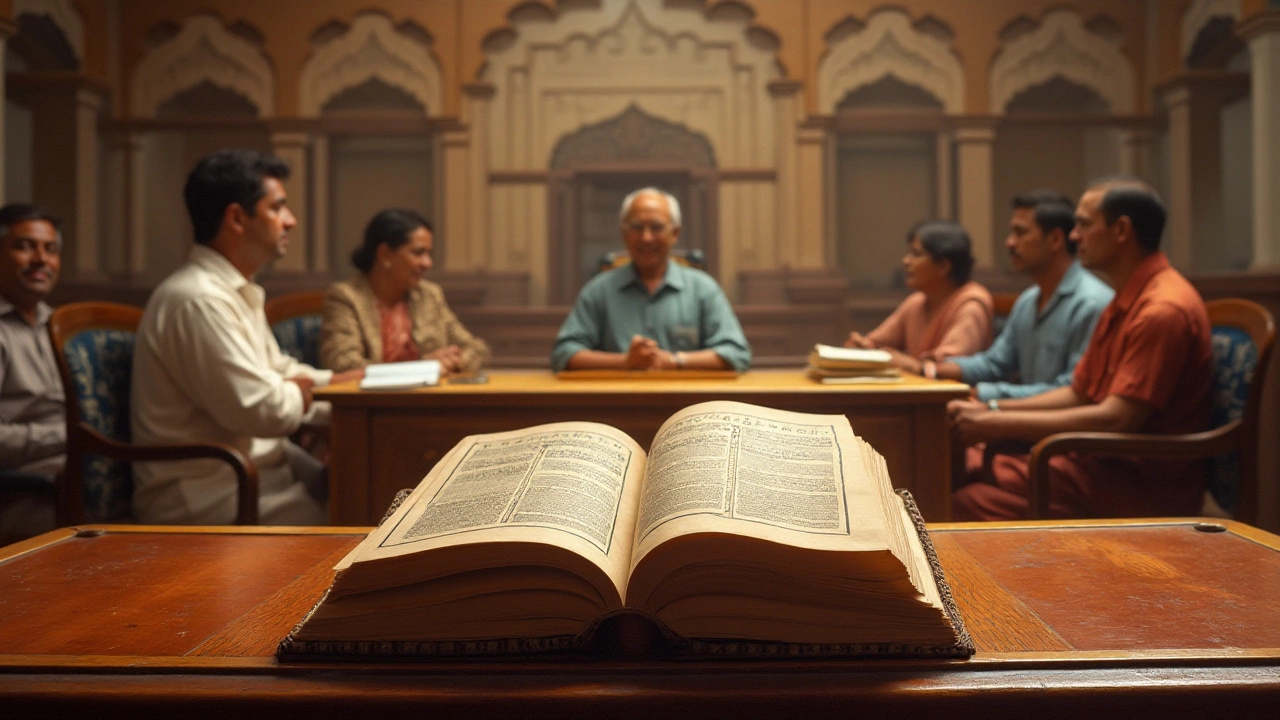Indian Property Laws – Simple Guides You Can Use Today
If you own a house, rent a flat, or just wonder what the rules are for land in India, you’ve landed in the right spot. Indian property laws can feel tangled, but the basics are easier than you think. Below you’ll find quick, practical answers on everything from who can claim a piece of land after 12 years to whether a tenant can ever become the owner of a rented home.
First off, property law in India is split into a few major areas: land ownership, tenancy rights, and the special rule called adverse possession. Each area has its own set of statutes, but the core idea is the same – protect rights and prevent disputes. Understanding these rules helps you avoid costly legal battles and gives you confidence when signing a lease or buying a plot.
Key Rules Every Property Owner Should Know
1. The 12‑Year Land Rule – If someone occupies a piece of land openly, continuously, and without challenge for 12 years, they might be able to claim ownership through adverse possession. This rule is often misunderstood; you need clear evidence of uninterrupted possession, and the original owner can still fight it in court.
2. Tenant Rights and Ownership – Generally, a tenant cannot automatically become the owner of a rented property. However, certain situations, like long‑term, unchallenged occupation, can open a path to adverse possession. Most cases still require a formal legal process, so it’s safer to treat a rental as a temporary right, not a stepping stone to ownership.
3. Who Pays for Painting? – In most Indian rental agreements, the landlord takes care of structural repairs, while the tenant handles cosmetic upkeep. That means painting the walls is usually the tenant’s job unless the lease says otherwise. Always check the agreement before starting any work.
How to Use This Site for Property Law Help
Our tag page gathers articles that break down each of these topics in plain English. Want to know the steps to claim land through adverse possession? Check the “12 Year Land Rule in India” guide. Curious if a tenant can ever own the rented space? The “Can Indian Tenants Ever Take Ownership of Rented Property?” article walks you through the legal nuances.
Each post is written by experts who keep up with the latest 2025 updates, so you’re not reading outdated information. Use the titles as a quick roadmap: if you’re dealing with a salary dispute, head over to the “Employer Not Paying Salary in India” piece; if you’re figuring out who should fix a leaky roof, the rental law guide has you covered.
Remember, the law can vary by state, and court rulings add extra layers. The best move is to read the relevant article, note the key steps, and then consult a local lawyer for personalized advice. Our goal is to give you a solid foundation so you know what questions to ask and what documentation to prepare.
Bottom line: Indian property laws are built around clear principles – protect ownership, ensure fair tenancy, and provide a path for legitimate claimants. With the right information, you can navigate leases, land claims, and disputes without getting lost in legal jargon. Dive into the articles below, take notes, and feel confident the next time you sign a deed or a rental agreement.

Tenant Rights in India: Can a Tenant Ever Claim Ownership of a Property?
In India, the relationship between tenants and landlords is governed by laws, making property ownership claims by tenants complex. While tenancy initially grants rights to use the property, it typically doesn't confer ownership rights. There are, however, exceptional situations under Indian law where a tenant might be able to claim ownership, such as long-term adverse possession. Understanding the nuances of the Indian legal framework is crucial for both landlords and tenants. This article delves into the legal rights and limitations surrounding tenant property claims in India.